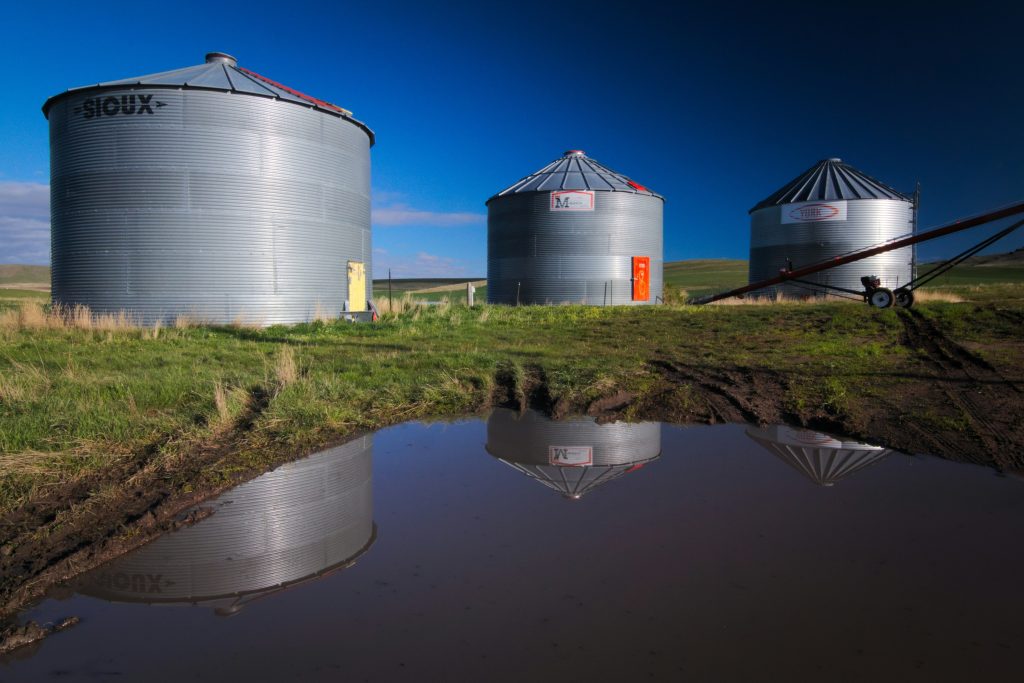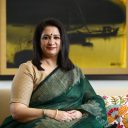Funders of peace, human rights, democracy and development often operate in isolation from each other. Here are some ways to change that
The world is seeing the highest number of violent conflicts since the Second World War, and a global democratic decline, yet donors in the democracy, human rights, peace, and development sectors continue to operate mainly in silos. Only through collaboration between these interdependent sectors will we be able to address the root causes of conflict, promote sustainable peace, and support free and just societies globally.
Peace, democracy, and development tend to mutually reinforce each other. While exceptions exist to the so-called ‘democratic peace theory’, researchers have documented that democracies are, on average, less prone to war than autocracies, especially when they have reached a certain level of economic development. Calls for bridging these silos are not new, but cross-sector collaboration is not progressing at the pace required by the scale and urgency of the problems the world is facing.

Bridging the silos requires collaboration. Credit: Unsplash
Language is the first significant barrier to bridging the silos. Pro-democracy and human rights advocates may not always know the exact meaning of peacebuilding, a word which was only recently added to dictionaries. Experts regularly use exclusionary language to describe their sector’s work, building barriers to colleagues in adjacent fields. We should follow the lead of affected communities for whom these linkages are lived realities, not neatly separate funding categories and programmes.
The second significant barrier is the difference in approaches between these sectors. Peace actors tend to prioritise building relationships and facilitating dialogue to promote peace and reconciliation, often refraining from direct confrontation with oppressive regimes. The same applies to development actors, whose work hinges on cooperation with state institutions. On the other hand, human rights work is inherently political and uses tactics designed to pressure governments to address injustices.
We suggest building on synergies around the issues where democracy, human rights, development and peace intersect.
To foster closer cross-sector collaboration, we suggest building on synergies around the issues where democracy, human rights, development and peace intersect.
Those areas where each sector pursues complementary goals include justice and accountability; gender equality, women’s rights, women, peace, and security, and locally-led approaches to all of these to bolster both local resilience and leadership and social cohesion.
Conversely, they all grapple with issues which include restrictions on civic space and pervasive militarism which dominates the approach to national and international security.
Cross-sector conversations on these issues, which could open the space for learning and innovation might begin with the following steps:
- dedicate time (one or two hours) weekly or monthly to develop and deepen relationships with adjacent issue-area peers
- focus your ‘cross-sector’ time on a workshop or Zoom call that isn’t specific to your focus; many affinity groups offer a menu of programmatic options for ad hoc or deeper engagement on various topics; and
- ask yourself these questions: what are the links between your work and that of your peers? How might you adapt your language to be more inclusive of other sectors? What projects or grantee-partners might your peers appreciate knowing about? Is there room for a joint project or grantee engagement? Where there is an appetite for a more ambitious approach, could a group of donors pilot a cross-sector initiative to develop shared analyses, joint strategies, and co-funding that link up human rights, peace, democracy, and development?
The interconnectedness of peace, democracy, development, and human rights lies at the heart of sustainable and inclusive societies. Donors investing in these sectors must recognise and act on that and thus pave the way towards a more just, equitable and secure future for all.
The views and opinions expressed in this article are those of the authors and do not purport to reflect the opinions or views of any entities they represent.
Soheila Comninos is senior programme manager at Open Society Foundations.
Email: soheila.comninos@opensocietyfoundations.org
X: @ComninosSoheila
Alexandra Toma is executive director at Peace and Security Funders Group.
Email: alex@peaceandsecurity.org
X: @AlexandraIToma
Patrick Hiller is executive director, War Prevention Initiative at Jubitz Family Foundation. Email: patrick@jubitz.org






Comments (0)